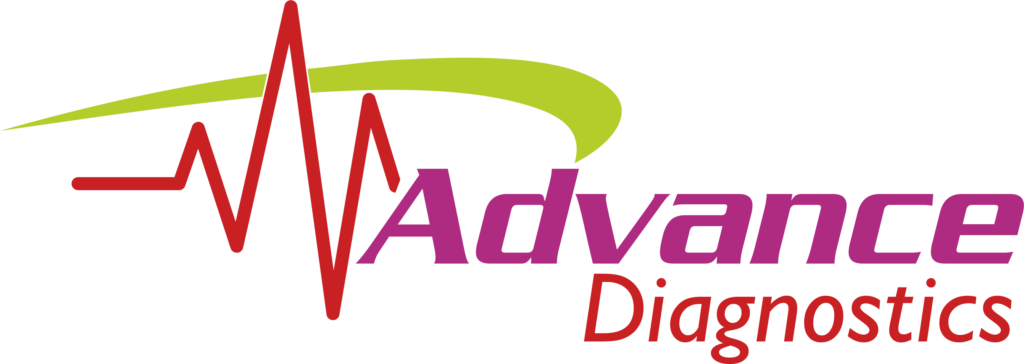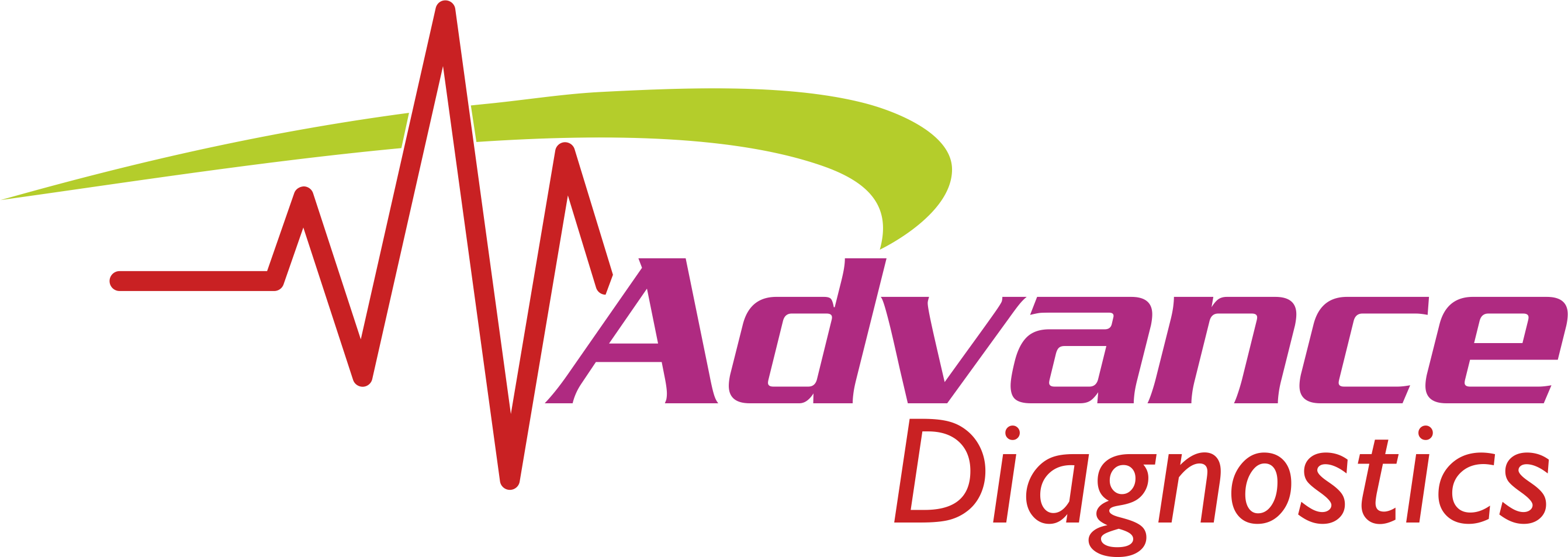Cancer is a daunting word, but early detection can save lives. Cancer marker tests play a crucial role here. They’re important tools in healthcare today. These tests help find cancer early on, which is key to better chances of surviving the disease. When doctors catch it early, treatments can begin sooner, leading to improved outcomes. Understanding these tests can empower patients and families. In this guide, we’ll break down everything you need to know about them, using simple terms, so it’s easy to follow along.

What Are Cancer Marker Tests and How Do They Work?
Cancer marker tests look for substances in the body that can hint at cancer. These substances are called markers. They can show up in the blood, urine, or tissues of some people with cancer. These markers can be proteins, changes in genes, or other substances. There are two main types: circulating tumor markers and tumor tissue markers.
- Circulating Tumor Markers: Found in blood, these markers can show cancer activity.
- Tumor Tissue Markers: Found in the cancer tissue itself. They help doctors understand more about the cancer.
To check for these markers, a sample needs to be collected. This might be blood, urine, or tissue. Once collected, the sample goes to a lab where specialists test it for markers. The results can help doctors decide the next steps in care and treatment.
Key Types of Cancer Markers
Several types of cancer marker tests are used today. Each serves a different purpose in finding and managing cancer.
- PSA (Prostate-Specific Antigen): This test checks for prostate cancer. It’s mostly used to screen men for potential prostate issues.
- CA 125: This marker is tied to ovarian cancer. It’s often used to detect and monitor treatment.
- CEA (Carcinoembryonic Antigen): This marker applies to colorectal cancer among others. Doctors monitor it for various types of cancer.
- AFP (Alpha-fetoprotein): Found in liver, testicular, and sometimes ovarian cancer. It’s useful for checking these specific types.
- Emerging markers like HER2/neu and HE4 are also gaining attention. They’re being used more as research progresses to offer new hope in cancer therapy and monitoring.
Each marker provides unique information, assisting medical professionals in formulating personalized treatments.
The Role of Cancer Marker Tests in Personalized Treatment Plans
Cancer marker tests do more than detect cancer. They reveal useful information about the cancer itself. Knowing the marker levels from tests helps doctors craft specific treatment plans for patients. This isn’t a one-size-fits-all approach.
- It helps tailor therapy to the individual’s needs.
- Adjusts doses to achieve higher treatment effectiveness.
- Monitors how well the body is responding to treatment.
Personalized plans can offer better results, more comfort, and possibly faster recovery. These tests trap useful insights, making them invaluable in modern healthcare.
Dispelling Myths and Addressing Misconceptions
Cancer marker tests sometimes face myths and misunderstandings. People might think they are unreliable or confusing. But it’s important to clear up these misconceptions.
- Elevated marker levels don’t always mean cancer. Other conditions might cause changes.
- Tests are part of a larger picture. Not the sole basis for diagnosis.
- Understanding both limitations and benefits is key for accurate interpretation.
By calming fears and providing clear facts, it helps patients make informed decisions.
Lifestyle, Genetics, and Cancer Risks
Healthy living and genetics both play a role in cancer. Marker tests can reveal genetic risks and help guide lifestyle changes.
- Family history and genes might show a higher cancer risk.
- Marker tests highlight what areas need attention.
- Promoting healthier habits, like better diet and exercise, reduces overall risk.
Understanding potential risks can lead to better prevention measures and health choices.
The Future of Cancer Marker Tests
Research on cancer marker tests is always moving forward. Breakthroughs might change how we spot cancer.
- New markers are being discovered regularly.
- Emerging technologies will likely make tests more accurate and quicker.
- Collaboration across countries speeds up these developments.
As technology advances, tests become better and more efficient. This means we can detect cancers earlier and increase survival chances.
Timely diagnosis is crucial. It boosts survival rates and opens more treatment avenues. Stay informed about the available resources and advancements in tests for better health outcomes.



